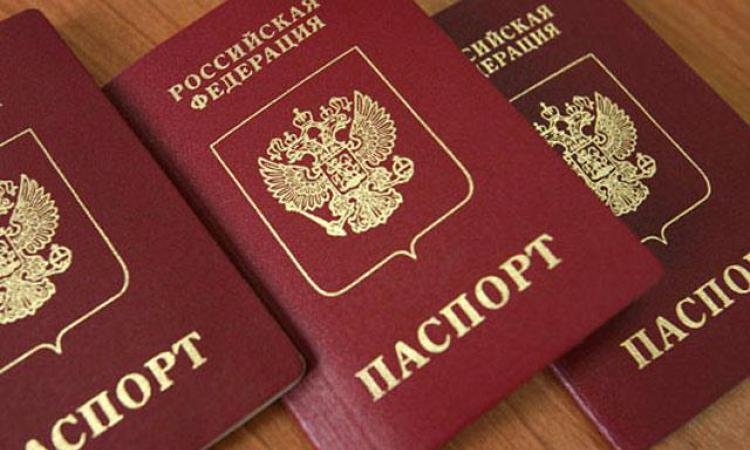Malta cannot prevent a Russian citizen from holding a Russian passport. Shouldn’t that be obvious?
The Attorney-General has never pronounced himself on anything or felt the need to respond to stories and reports in the mainstream media, let alone people’s comments on social media. But he has released a statement today in response to accusations on Facebook that his office “made it easy” for the Pilatus Bank whistle-blower to leave the country, so that she would be out of the way.
His statement said that the Courts of Justice in Malta still hold her Russian passport, her Russian internal passport and her Malta residence permit, which means that none of this could have been used when she left Malta.
I have read much of what has been written in newspaper reports and social media comments about this matter of the passport, and the speculation attendant on that. And all I could think was how ill-informed people are, and how it handicaps their ability to work out how and why things happen.
When the Panama story broke, I found myself having to explain what an offshore company is, and how it is not a company with offices and desks and a telephone number and a front door and secretaries who are prepared to have little chats with customers about the contents of the stockroom.
Now I find myself having to explain to people why Frank Portelli is personally liable for his millions of euros in debt even though the bank loans and overdrafts pertain to his hospital business, which is owned by a technically bankrupt limited liability company.
I am quite sure that within the next couple of days I will find myself having to explain what bankruptcy is, how it involves a legal process, why Frank Portelli has avoided filing for personal bankruptcy and for the bankruptcy of his companies (and how bankrupts are barred from public office).
Today I am going to explain, for my sins, that a passport is only a paper document that symbolises something, which means that only the issuing state is able to deny a person one of its passports.
Malta’s Courts of Justice/police can seize and hold a Russian woman’s passport DOCUMENT but they cannot deny her a Russian PASSPORT.
Russia, like Malta and every other state on the planet, is at liberty to issue its citizens with passport documents as and when it deems fit, and the police force, government or Courts of Justice of no other country can do anything about it.
If you lose your Maltese passport or have it stolen, what happens? You take an oath that it was lost or stolen, and Malta issues you with a new document with a different number. Malta does not tell you: “Oh my God, you lost your passport! You were careless enough to have it stolen! Now you’re not going to get another one.”
It’s quite obvious to me what happened here: Russia cancelled the passport which the Attorney-General is guarding so closely, issued its citizen with a new one and enabled her to leave a country which has become dangerous for her.
But this seems not to have occurred to anyone, presumably because they think that the Maltese government has the right, ability or power to prevent Russian citizens from holding Russian passports or being issued with them.
I knew immediately this would happen when Prime Minister Muscat used the general election campaign to turn an internal, domestic Maltese government matter – the ownership of Panama company Egrant Inc – into a diplomatic incident by accusing the Russian government of meddling in Malta’s general elections, and claiming that the Pilatus Bank whistle-blower was a spy for the Russian government, deliberately causing trouble for him on Putin’s instructions.
The Russian government reacted with a formal statement released through its embassy in Malta.
It is truly amazing that the Maltese public ignored or simply did not grasp the diplomatic significance of this: that it was not Joseph Muscat hitting out at Maria Efimova, but Malta launching a missile at Russia, Valletta hitting out at Moscow, the Maltese Prime Minister chucking knives at the Kremlin.
And then I knew for certain that she would have to leave when the Maltese Prime Minister began threatening her on television, during a widely watched television show. The Egrant Inc story is a dreadful calumny, he said, and when the magistrate concludes his inquiry, the person who invented it will have to face justice and prison.
He didn’t mean me. He meant Maria Efimova. Right there, I understood at once – as did she – that the Maltese prime minister was planning to come after her using his corrupt police force, and that she would be crazy and irresponsible, with two young children to think of, to stay on in Malta. I have no doubt her country and its embassy thought the same thing.
And while we’re on the subject, it’s quite odd that we’re not considering for one minute how the Kremlin feels about Muscat’s government selling Maltese citizenship to literally hundreds of prominent Russians and their families.

No country has the right or ability to deprive foreign citizens of their passports.
